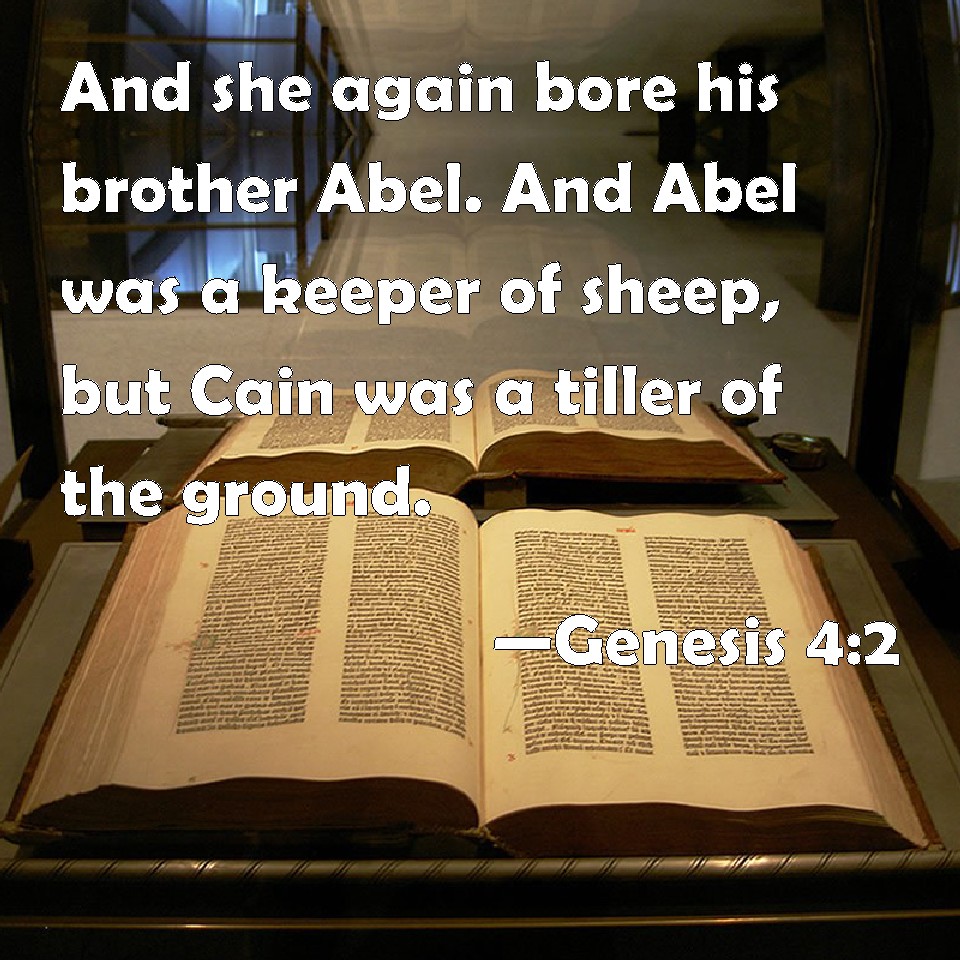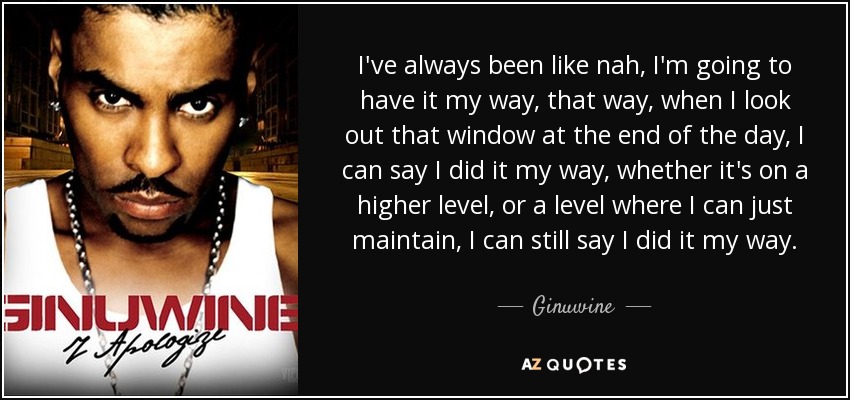Click here to return to Blog Post Intro
Context
Psalm 23 is part of a trilogy (Psalms 22-24) of Messianic Psalms about the yet-to-come Savior. These three chapters present the whole story of the Gospel of God’s grace and answer our three greatest questions:
1. What about my past?
Psalm 22 is one of the most momentous Messianic chapters in the Old Testament. Psalm 22 predicts the traumas Christ would suffer during His crucifixion, including His stripping, piercing, thirst, exposure, insults, humiliation, and death. Psalm 22 begins, “My God, My God, why have You forsaken me?” Finishing the crucifixion scene in Psalm 22, the next line in our Bibles reads, “Psalm 23.”
2. What about my present?
Why did David write the Twenty-third Psalm? To build our trust in God…to remind us of who he is. God is Yahweh—an unchanging God, an uncaused God, and an ungoverned God.
We need a God, who while being mind-numbingly mighty, can come in the soft of night and touch you with the tenderness of an April snow. We need a Yahweh. And, according to David, we have one. He is our Shepherd, who laid down His life for His sheep and who now longs to tend to our present needs. Notice that almost all the verbs in the Twenty-third Psalm are in the present tense. This is a psalm for today. Psalm 23 takes care of today.
3. What about my future?
Psalm 24 is a description of the joy of the enthronement of Jesus Christ, the King of Glory, the everlasting Lord of hosts. As we read the ten verses of Psalm 24, we’re taken to the glorious city of our soon-coming king. “Lift up your heads, O you gates! And be lifted up, you everlasting doors! And the King of Glory shall come in.”
Psalm 22-24 are a threefold picture of the ministry that flows from the Messiah’s heart into our needs, whether past, present, or future. Psalm 22 takes us to Mount Calvary. Psalm 24 centers around Mount Zion. Between them—where we are living now—is the lovely valley of Psalm 23 with its gentle pastures, sloping meadows, and dramatic canyons.
The View of a Shepherd
Phillip Keller, author of A Shepherd Looks at Psalm 23, grew up and lived in East Africa, surrounded by simple native herders who closely resembled Biblical shepherds. So, he is intimately acquainted with the romance, the pathos, the picturesque life of an Eastern shepherd.
As a young man, Keller made his living for about eight years as a sheep owner and sheep rancher. Later, as lay pastor of a community church, he shared the truths of Psalm 23, as a shepherd with his “flock,” every Sunday for several months.
David, a shepherd, learned to think of himself as a sheep, trusting the Lord to do for him what he was doing for his flocks. He pondered the parallel long and hard, and he summed it all up in the most reassuring words ever written, “The Lord is my Shepherd.”
Biblical shepherds categorized their duties into six divisions:
- Seeking lost and straying livestock (Soul-Winning & Evangelism)
- Feeding the sheep (Teaching & Preaching)
- Guiding the flocks (Leadership)
- Tending the sheep (Visiting, Counseling, and Pastoral Care)
- Protecting the herds from predators (Ethics, Vigilance, & Doctrinal Purity)
- Loving their flocks
Sheep
Sheep, shepherds, lambs, and flocks are mentioned nearly 700 times in the Bible—698 to be exact. Sheep is the first animal mentioned in the Bible (in Genesis 4:2, we learn that Abel was a “keeper of sheep”). In fact, sheep are mentioned more than any other animal in Scripture to teach us about ourselves.
Sheep do not “just take care of themselves” as some might suppose. They require, more than any other class of livestock, endless attention and meticulous care. In fact, a sheep is the one animal that is utterly clueless and helpless without a human being nearby. They are utterly dependent upon a shepherd. In the same way, we need a lifelong shepherd, one who loves us and whom we can love in return.
The Hebrew word for friend is derived from the Hebrew term for shepherd. In biblical times, it wasn’t dogs that were man’s best friends, but sheep. They bonded with their shepherds and the shepherds with them.
Jesus: The Good Shepherd
Jesus became Psalm 23 personified. Jesus emphatically declared, “I am the Good Shepherd.” And the writer of Hebrews called Jesus “the great shepherd of the sheep” (Hebrews 13:20).
But who is this Christ? Our view of Him is often too small—too cramped—too provincial—too human. And because it is, we feel unwilling to allow Him to have authority or control—much less outright ownership of our lives.
The fact remains that Christ, the Creator of an enormous universe of overwhelming magnitude, deigns to call Himself my Shepherd and invites me to consider myself His sheep—His special object of affection and attention. Who better could care for me?
Is
These two letters—is—indicate not only existence but immediacy. The present tense. The sentence does not say, “The Lord was my Shepherd,” or “He will be my Shepherd.” He is my Shepherd, presently. Jesus, though timeless and eternal, is now and He is accessible, a God of the moment, a God of every moment.
With gratitude and exaltation, we can proclaim proudly, just as David did, “The Lord is my Shepherd!” and we shall flourish and thrive no matter what life may bring.
When the Lord is our Shepherd, that is enough. He is enough. Enough to meet our needs, calm our nerves, clear our vision, restore our souls, ensure our future, and bless our day.
My
The little word my makes Psalm 23 as personal as our own skin and bones. When we say, “The Lord is my Shepherd,” we’re really saying, “I am His sheep. He owns me, and I’m under his management and care. I have a personal relationship with the God of the universe, a friendship that does for me everything ancient shepherds continually did for their flocks and more.”
The Lord is not just a shepherd or the shepherd. He is my shepherd and He is your shepherd. We are His people, the sheep of His pasture.
“I’ll Do It My Way”
According to Isaiah 53:6, “We all have wandered away like sheep; each of us has gone his own way.”
Sheep are dirty. They get dirty and stay that way. Who notices? Only one person notices. The shepherd.
When David, who was a warrior, entertainer, and ambassador for God, searched for an illustration of God, he remembered his days as a shepherd. He remembered how he lavished attention on the sheep day and night. How he slept with them and watched over them. And the way he cared for the sheep reminded him of the way God cares for us. David rejoiced to say, “The Lord is my shepherd,” and in so doing, he proudly implied, “I am his sheep.”
Do you really want to hang on to your self-reliance? Max Lucado observes, “Sounds like you could use a shepherd. Otherwise, you might end up with a Twenty-third Psalm like this:
I am my own shepherd. I am always in need.
I stumble from mall to mall and shrink to shrink, seeking relief but never finding it.
I creep through the valley of the shadow of death and fall apart.
I fear everything from pesticides to power lines, and I’m starting to act like my mother.
I go down to the weekly staff meeting and am surrounded by enemies.
I go home, and even my goldfish scowls at me.
I anoint my headache with extra-strength Tylenol.
My Jack Daniels’ runneth over.
Surely, misery and misfortune will follow me, and I will live in self-doubt for the rest of my lonely life.”
Remember, as Max Lucado put it, “Want to change your life? Begin by saying, ‘The Lord is my Shepherd.’”
That’s why my One Word for 2020 is Sheep!




